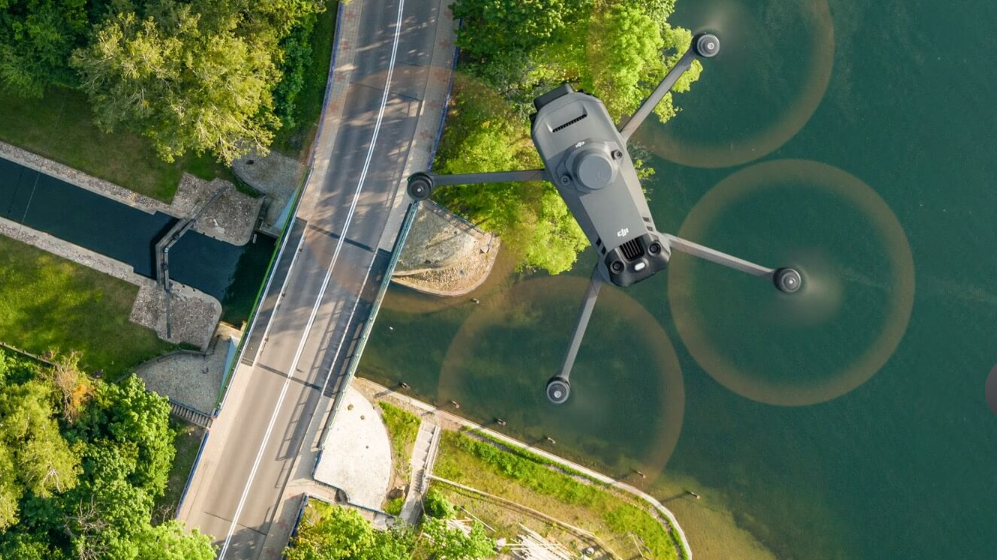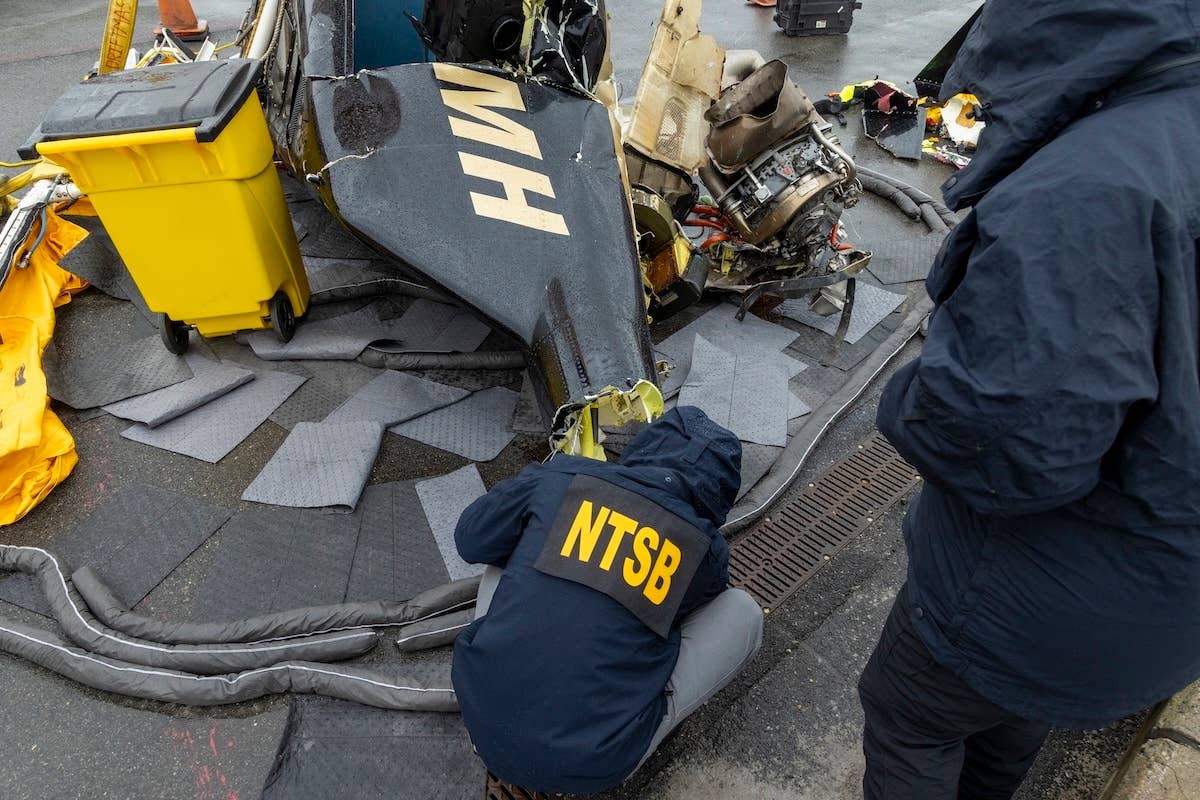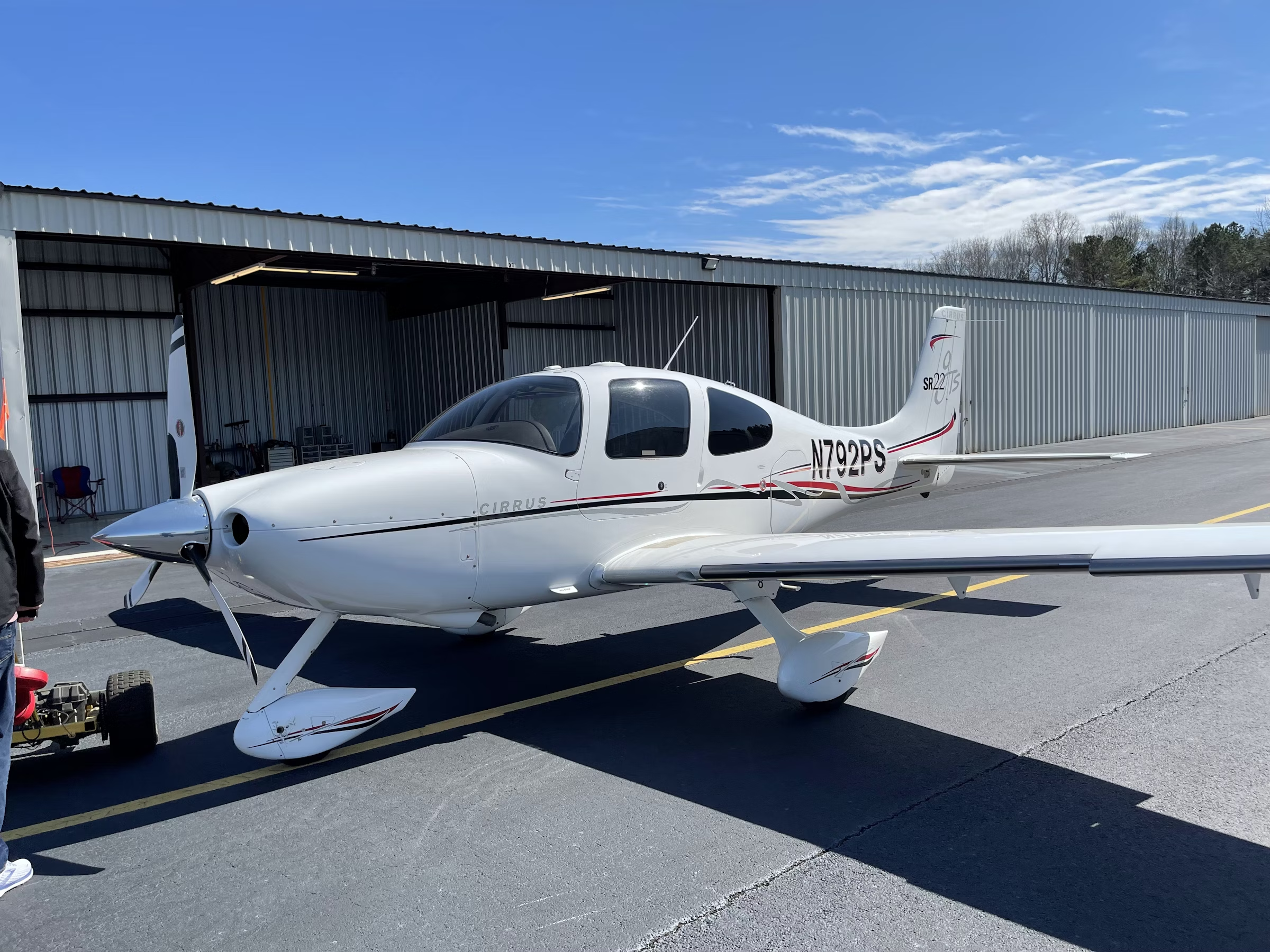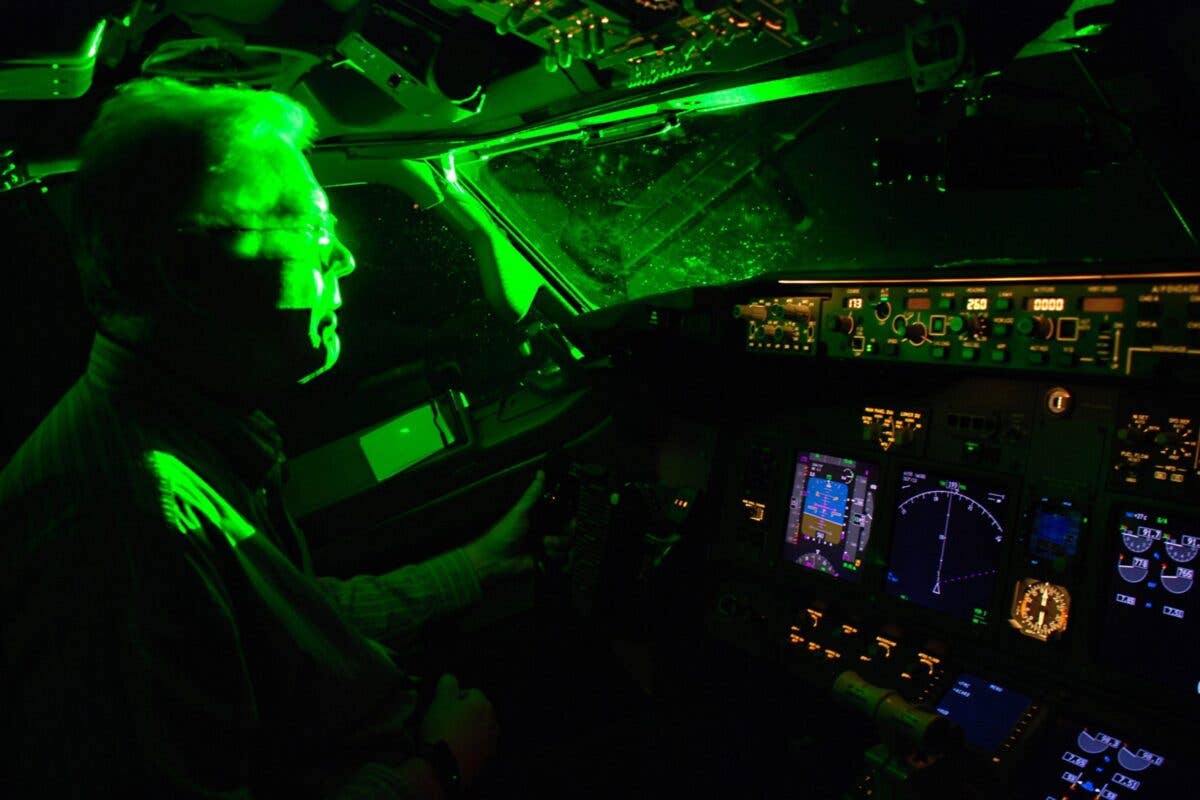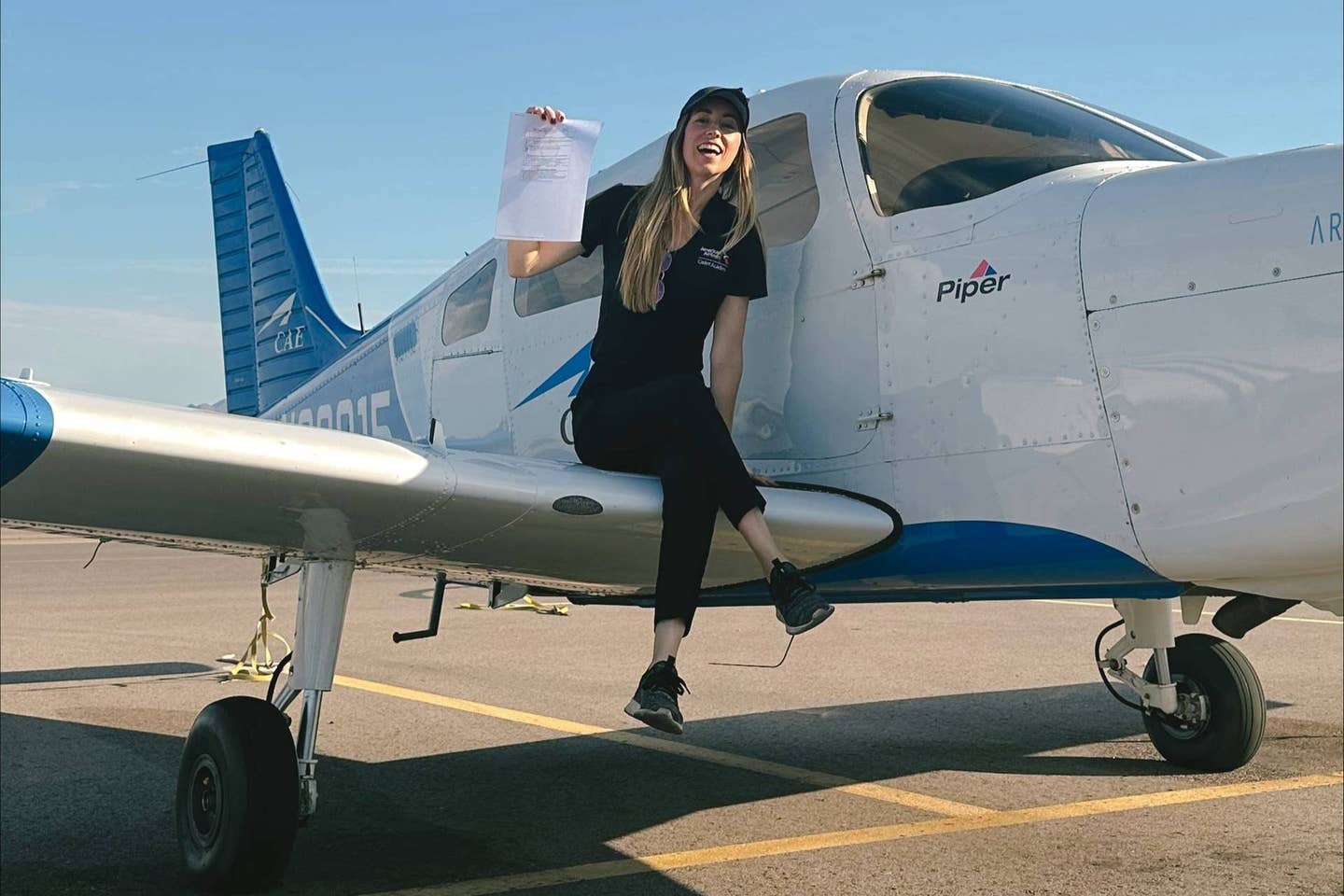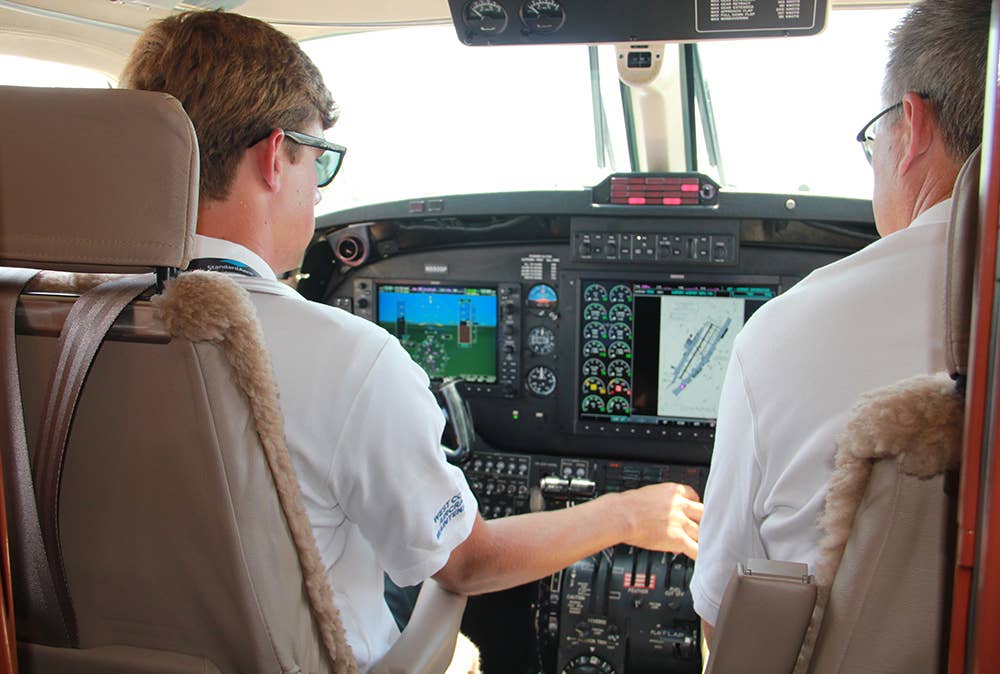Vertical Aerospace Founder Commits $50 Million to Get Air Taxis Flying
CEO and majority owner Stephen Fitzpatrick is putting his own money into the firm, which is expected to give it cash on hand through mid-2025.

A Vertical Aerospace VX4 air taxi prototype, registered as G-EVTL, suffered a crash during testing in August. [Courtesy: Vertical Aerospace]
An air taxi founder is putting his money where his mouth is.
Stephen Fitzpatrick—founder, CEO, and majority owner of electric vertical takeoff and landing (eVTOL) aircraft manufacturer Vertical Aerospace—on Monday committed to invest $50 million into the company, which risked running out of cash by September per its own projection.
The funding, which will support the development and planned 2026 certification of Vertical’s flagship VX4 air taxi, extends the firm’s cash runway into mid-2025, it said.
“The company has achieved significant technical progress, both in its prototype program and its certification plans in 2023, that I believe is not reflected in our share price,” Fitzpatrick said. “Given the success I have seen in the past 12 months, I am more confident than ever in our world class team, and I am delighted to further support the company with additional funding.”
Vertical’s stock (NYSE: EVTL) dipped dramatically in 2023 amid delays to its certification timeline and the crash of its Aircraft One prototype in August—so much so that the New York Stock Exchange has threatened to delist it if shares continue to trade below $1.
The manufacturer has also struggled to attract investors, reportedly missing a target to raise funding by December. Its previous raise of $205 million closed more than two years ago. Like other air taxi manufacturers, Vertical does not yet produce revenue, so investment is required to finance its operations: Net cash used in operating activities in 2023 totaled about $95 million.
Fitzpatrick’s investment is structured in two tranches. An initial $25 million investment—priced at $10 per share of common stock—is expected to close in March. The Vertical CEO will supply a further $25 million by the end of July, but only if the company is unable to raise that amount in alternative equity funding. Whatever it is unable to scrounge up, Fitzpatrick will supplant.
Vertical said it is engaged in discussions for further funding pending the completed flight test campaign of its second VX4 prototype. The company’s first prototype was the one that tumbled 30 feet onto the runway at Cotswold Airport (EGBP) in the U.K. in August, damaging its right wing and landing gear. Vertical later said the crash resulted from a wiring issue that caused a high-voltage short circuit.
The manufacturer’s second-generation prototype, Aircraft Two, promises to address the problem. The piloted full-scale prototype is nearing completion at partner GKN Aerospace’s Global Technology Center in the U.K.
The updated model will have more features aligned with the design Vertical hopes to certify with the U.K.’s Civil Aviation Authority (CAA). It adds a new propeller, second-generation powertrain, battery packs designed to meet thermal runaway safety requirements, and refined flight control system. Aircraft Two will also feature components made by Vertical certification partners Honeywell, GKN, Hanwha, Solvey, and Leonardo.
The upcoming prototype will complete a flight test campaign and several public demonstrations this year. These will include an appearance at the Farnborough International Airshow at Farnborough Airport (EGLF) in July, as well as flights to and from London Heathrow Airport (EGLL).
The demonstrations will put Vertical in position to refine and finalize the VX4 design, the company said. After that, the aircraft will need to pass final regulatory testing before being approved for production.
“I look forward to both our demonstrations and the completion of additional funding rounds to deliver on the promise the VX4 has to offer our customers and their passengers,” said Mike Flewitt, chairman of Vertical. “We are on track to deliver a transformative U.K. developed electric aircraft to our customers across the globe.”
In March, Vertical received design organization approval (DOA) from the CAA, a necessary step in the regulator’s type certification process. Only a handful of eVTOL air taxi firms, including Volocopter and Lilium, have obtained DOA. Vertical also said after the VX4 prototype crash that its timeline for CAA certification activities remained unaffected.
Once certification is obtained, Vertical has a large backlog of customers to serve. As of October, it had received preorders for 1,500 aircraft from dozens of customers worldwide. The company estimates its order backlog comprises $5 billion in value once fully realized.
Like this story? We think you'll also like the Future of FLYING newsletter sent every Thursday afternoon. Sign up now.

Sign-up for newsletters & special offers!
Get the latest FLYING stories & special offers delivered directly to your inbox

